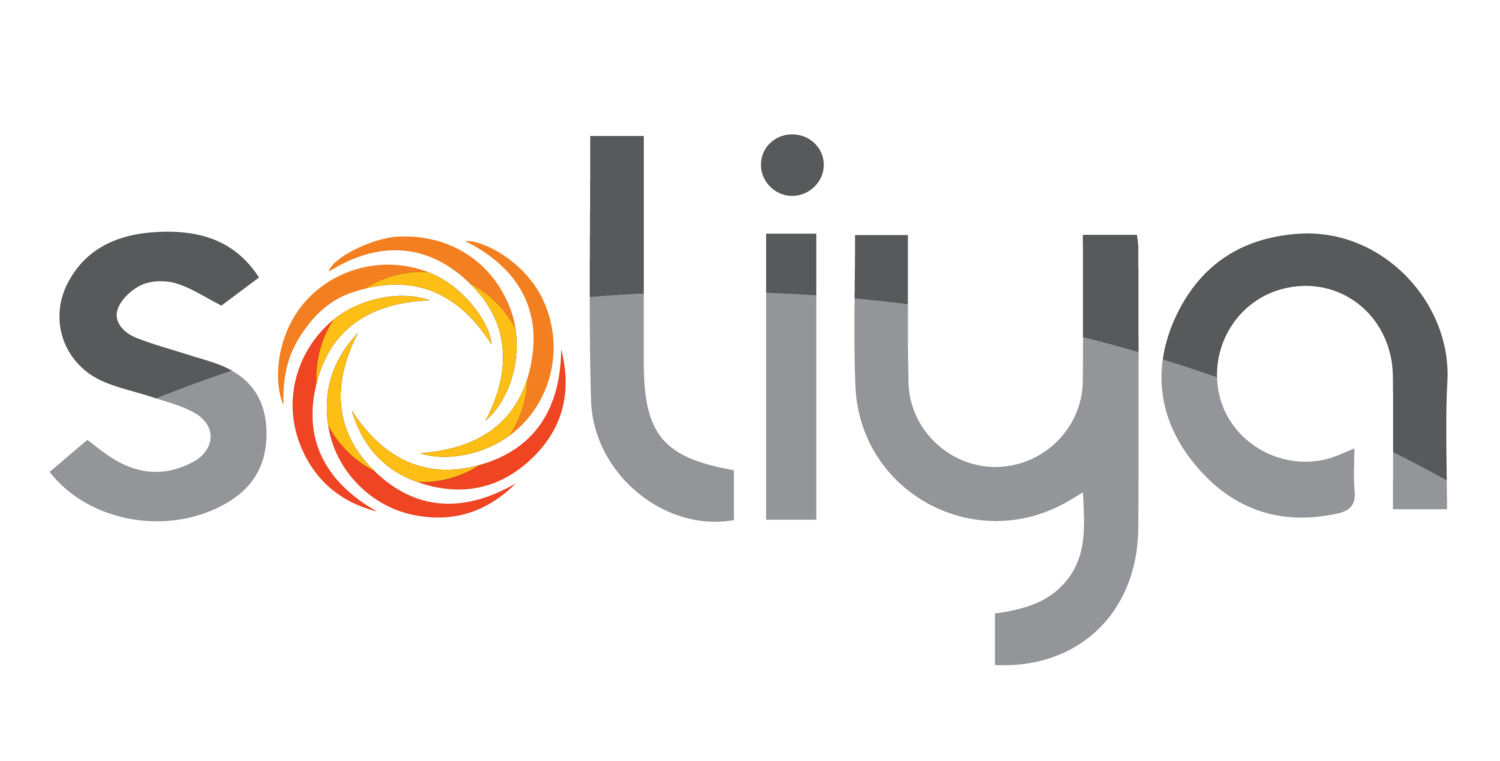How Virtual Exchange Complements Existing Curricula and Course Goals at AUS
The American University of Sharjah (AUS) is an independent, non-profit, coeducational institution of higher education formed on the American liberal arts model. It was founded in 1997 by Sheikh Dr. Sultan bin Muhammad Al-Qasimi, the ruler of the Emirate of Sharjah and a member of the Federal Supreme Council of the United Arab Emirates. The university has been offering the Connect Program since 2006.
In April 2021, AUS students and faculty spoke with Soliya team members Salma, Nahid, Asma, and Tyler about their virtual exchange experience. The interviews have been edited for length and clarity.
Sundar Vadlamudi, Assistant Professor of History, American University of Sharjah
How did you integrate the Connect Program into your course?
In the fall of 2020, I taught a course on the history of the world in the 20th century. It's a modern world history course, and it satisfies the Culture in a Critical Perspective (CCP) Flag, which is a general education requirement. Many international studies and non-international studies majors alike take this course. The opportunity for having AUS students meet with other students from across the world was something that fit in well with the CCP Flag. The themes covered in Connect Global - identity, global challenges, social issues - were also part of my own course. We also talk about imperialism and colonization, and the impact they had on people's identity and race. The Connect Program gave my students a chance to take what they're learning and talk about it with people across the world. In that sense, it was a perfect fit for what I had planned for the course.
The Connect Program played a big role in changing their opinion about people from America. Initially, they saw them as rude or culturally insensitive, but that changed when the other students took care to ask about their culture and social practices.
How was your students’ experience with the Connect Program?
In terms of content, it was a dramatic change for my students. They learn about other cultures in these courses, but having the opportunity to actually interact with their peers in the United States was particularly eye-opening. No matter how much they're trained, they have a preset image of what life is or what people in the United States are like, even if we tell them not to go in with that. Listening to the life experiences and political views of others in their age group was very eye-opening. Perspectives changed, and I think that’s mostly due to how the Connect Program was structured, and the various techniques used by the facilitators. Students learned not to jump in with their own opinion before the other person has a chance to express theirs. In their reflections, my students said that being willing to listen to opposing viewpoints is something they took out of the Soliya sessions. They all hope to carry it forward.
My students learned how to ask something without hurting others' cultures and feelings, and they appreciated that their fellow students from other parts of the world did the same when asking culturally sensitive questions. The Connect Program played a big role in changing their opinion about people from America. Initially, they saw them as rude or culturally insensitive, but that changed when the other students took care to ask about their culture and social practices. This awareness of other cultures was major learning that came through in their reflections. Quite a few of the students mentioned that they were initially very shy and didn't talk in the first 2-3 meetings. Slowly, they felt that others valued what they were saying, so they gained self-confidence in expressing themselves.
It was surprising for me to find that the students who are already in a multicultural school and come from hybrid, multicultural families are learning how to talk to somebody from other cultures and that this was an alien experience for them. It is important to have exchange programs so that there's less of a culture shock for students when they actually meet people from other parts of the world. Even in this country which has transit points for many different parts of the world, and even being at one of the most diverse campuses, it is possible to be living in a shell.
Why is this kind of global exposure and the skills that they're gaining important for your students’ future success?
I have to go back to why we make this general education course a requirement. We can’t operate purely as functional experts. The moment my students enter the labor market, things like teamwork, intercultural communication, and cross-cultural understanding will make them a better version of themselves. These are skills employers seek in candidates. It helps them to have some of these skill learning opportunities offered as part of their coursework. It's something that has real-life consequences as they try to become globe-trotting employees. They need to be aware of the issues and know how to deal with people from other cultures, express their viewpoints, and listen to others. It was surprising for me to find that the students who are already in a multicultural school and come from hybrid, multicultural families are learning how to talk to somebody from other cultures and that this was an alien experience for them. It is important to have exchange programs so that there's less of a culture shock for students when they actually meet people from other parts of the world. Even in this country which has transit points for many different parts of the world, and even being at one of the most diverse campuses, it is possible to be living in a shell.
How was the experience for you as a professor?
I would start my classes by asking how things are going with the Connect Program. During the US elections, the Connect Program sessions were a big opportunity to talk to Americans about what's happening there and hear about their perspectives on the candidates. In fact, one of my students was surprised to learn that one of their African-American group members was supporting Donald Trump.
The course I was teaching was on 20th-century history and we don't get into the 21st century, but because of the conversations they were having in the Connect Program, I was able to integrate topics such as race, culture, and the long-lasting impact of enduring imperialism into my course content, and that for me was an important aspect.
How do you see the field of international education and study abroad evolving post-pandemic?
Studying abroad is generally understood to mean you're going to Europe. But study abroad also takes place in Asia, Africa, and Latin America. If you look at the progress of vaccination, it's not happening there or it's not happening as much as it is in the West. I don't think institutions will be willing to participate until there's a good level of comfort in sending the students out, because it's a safety issue. I think online programs might offer some kind of alternative. Soliya has a slightly different focus; it's not the kind of immersive experience you find in study abroad. I think there will be more interest in the Connect Program because you're able to talk to people on a fairly regular basis and you hear from other parts of the world.
What was the biggest challenge you faced in offering the Connect Program?
There was initial skepticism from students about attending two-hour sessions. I think that mainly stemmed from the fact that they were shy and they weren't sure how they were supposed to talk for two hours. Students asked if they needed to read to participate each week. I had to tell them repeatedly that the reading assignments were minimal, and that it was mostly about sharing views that are articulated on issues. After two weeks, they grew comfortable and started to really enjoy themselves.
Interested in initiating dialogues, training your community, or exploring custom solutions? Learn more


